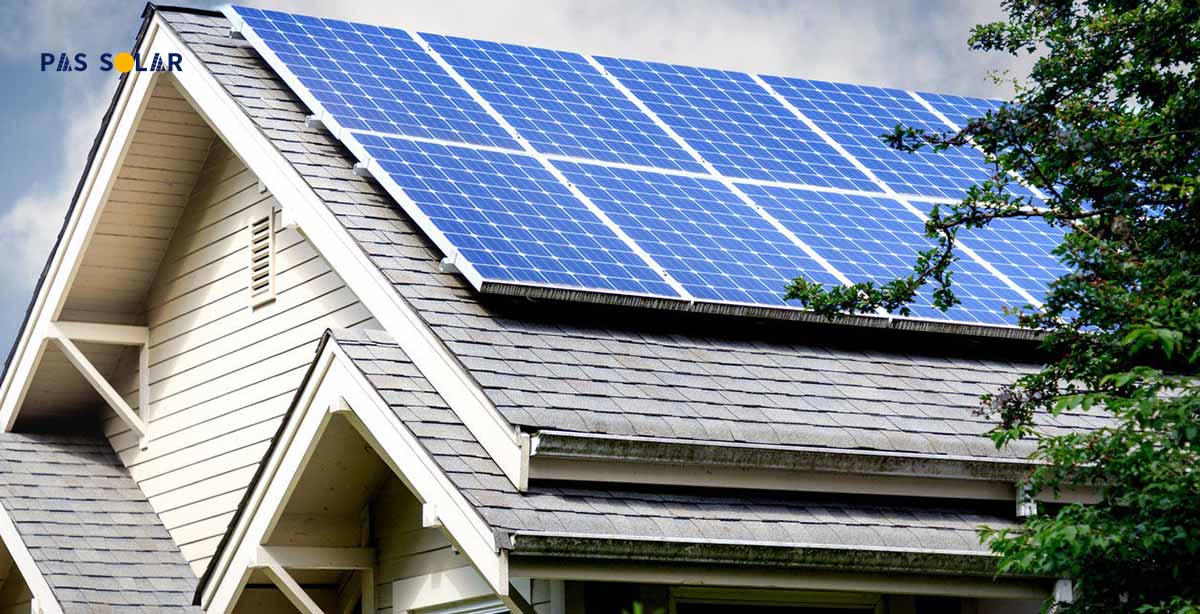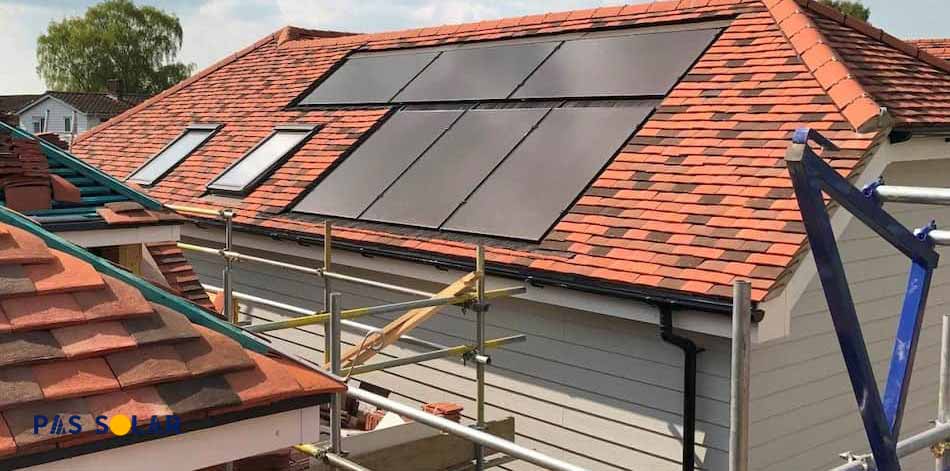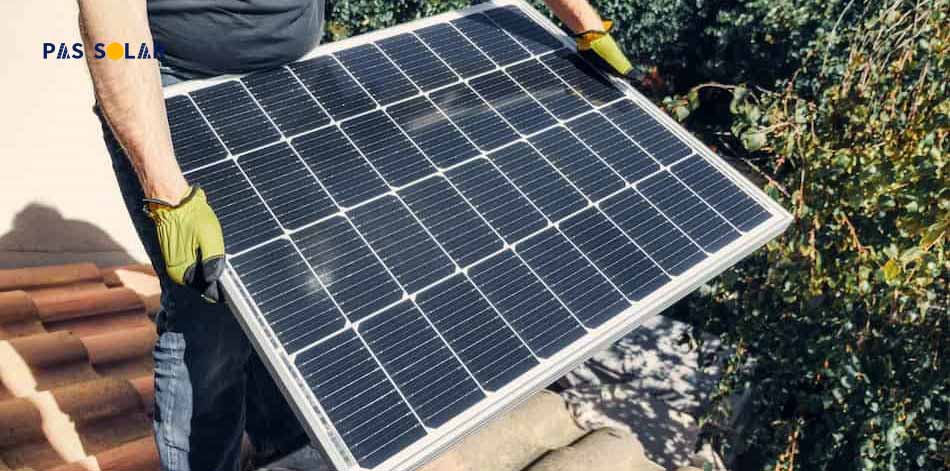Solar loans and solar leasing are two popular financing options for homeowners looking to go solar. Each of them allows you to install solar panels without worrying about the large up-front costs that come with solar photovoltaic systems. A zero down payment is often required for both solar loans and leases. But what is the difference between the two financing options when it comes to investing in a solar project?
What is a solar loan?
A solar loan is a loan taken for the purchase and installation of solar panels. Loan providers will typically offer no down payment solar loans with many different payment structures, interest rates, and terms. You need to compare the solar loan and solar lease rates before making a decision. In most cases, your monthly loan payments will be less than your electric bill payment before solar installation.
The benefit of solar loans is that they allow homeowners to purchase a solar system even if they do not have the money upfront for a cash purchase, which means that when the loan is fully paid, the owners of the house own the solar panels they’ve used all this time. However, it is important to note that lenders generally require you to have a good credit score to obtain a solar loan.
What is solar leasing?
Solar leasing works like a car lease. The homeowner does not own the solar panels; instead, he makes a monthly lease payment to a solar installer.
But, how does a solar lease work? In exchange for the lease payments, the owner can use the energy produced by the solar panels to power their home. Ultimately, they will see lower electric bills as they will pay less for energy than they normally would at the utility rate.
They typically have lease terms of between 20 and 25 years, and the lease payment will typically be less than the owner’s electric bill before installing solar.
It will often include a price scale, which describes how much the monthly payments will increase each year. When the lease ends, owners have the option to remove the solar panels, purchase the solar panels at a discounted price, or extend the lease.
Similar to solar leases are solar power purchase agreements (PPAs), which also do not require upfront payment for solar panel installation.
Solar lease vs solar loan
Solar loans and solar leases are popular financing options for homeowners looking to install a solar power system. Each has its pros and cons.
Long term savings
So, is it better to lease or finance solar panels? When it comes to saving on utility bills, the owners will save less with a solar lease than with a solar loan.
Typically, solar leasing terms will have terms between 5 and 15 years. After that, you do not have to pay the monthly solar lease cost because you own the solar panels! Once you’ve paid off your loan, your panels will continue to provide you with free electricity that will offset your utility bills.
With a lease, on the other hand, you’re locked into monthly payments for the full 20 or 25 years of the lease. The money you pay in a lease does not go toward the purchase of the system, so once the lease is up, you stop saving on your utility bills.
So, even though a solar lease will save you money on utility bills, your savings will be considerably less than if you had bought the whole system with a solar loan.
Monthly payments
Both solar loans and solar leases reduce, or in many cases eliminate, your electric bill. However, you will still have to pay a monthly lease or monthly loan payment. Solar loan payments are usually fixed, so they will remain the same for the entire term of the loan.
Solar energy leases usually include price scales, which means that your monthly solar lease cost will increase each year. So, if the cost of electricity doesn’t increase in any given year, you could end up paying more than you would on your electric bill without solar power. To understand how much is a solar lease per month, you can consult the technicians at our solar inverter suppliers in dubai.
Tax credits and incentives
With both solar loans and solar leasing, you can take advantage of net metering, which is the key factor in eliminating your utility bills.
However, if you enter a solar lease, you will not be able to take advantage of other solar incentives and rebates, such as Solar Renewable Energy Credits (SRECs), the Federal Investment Tax Credit (ITC), or other utility incentives. Instead, the solar leasing company gets all those incentives, because they own the system.
If you choose to finance your solar system with a solar loan, you can get the federal tax credit, SRECs, and any local and utility incentives available in your area. This is because, with a solar loan, you own the solar panel system.
Maintenance
When you buy solar panels, you have to monitor and maintain the system. Although solar panels are relatively low-maintenance, there is always the chance that apart from the solar panel price Dubai, you may have to pay for some repairs and maintenance over the life of the system.
When you use a solar leasing program, the maintenance or monitoring of the solar system is not your responsibility because you are not the owner of the panels. So, in case anything goes wrong, the solar company will have to cover the repair costs.
Sell your house
For homeowners who lease solar panels, selling their homes can be challenging. The owner has to buy out the lease, which can be expensive, or the solar leasing can be transferred to the new owner. It can be difficult to find landlords who are willing to enter into a solar lease.
However, for homeowners who have obtained a solar loan, selling their solar home can be profitable and easy. Because solar panels increase home value, those with solar installed tend to sell faster than non-solar homes and typically sell for more money. Contact us if you have more questions or if you are looking for other products like the best Off Grid Solar Inverter supplier Dubai.





